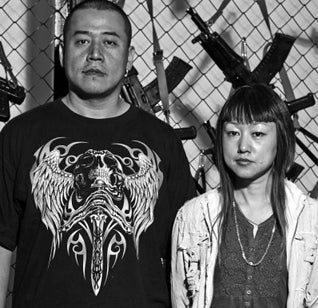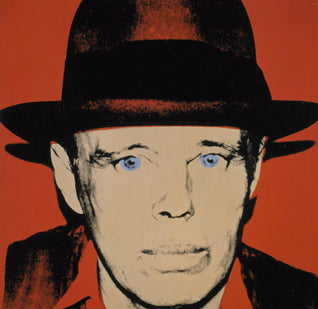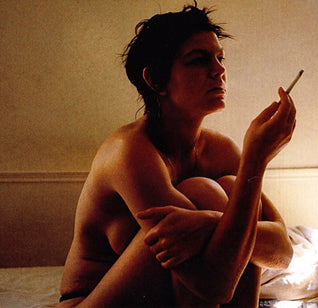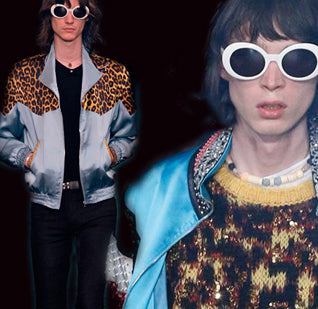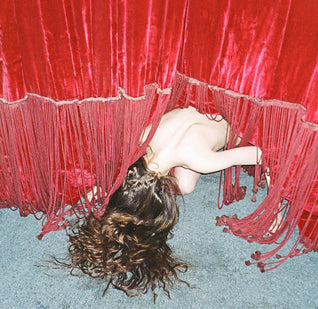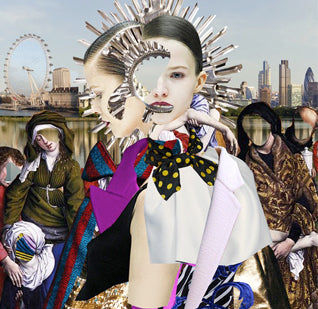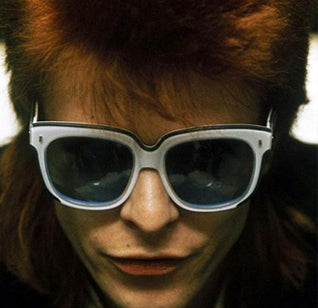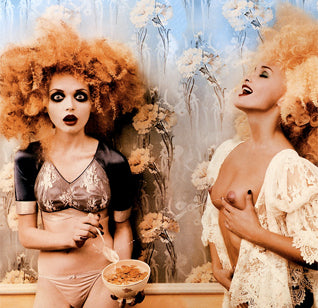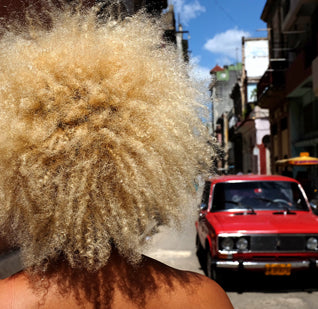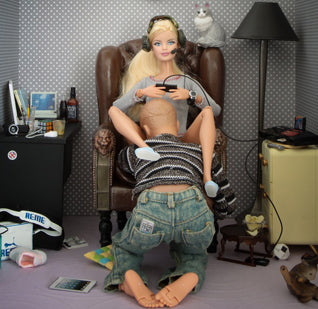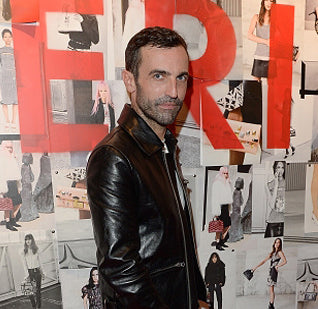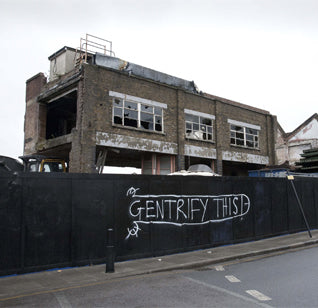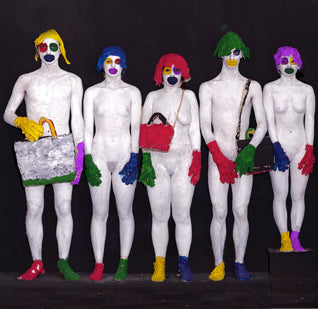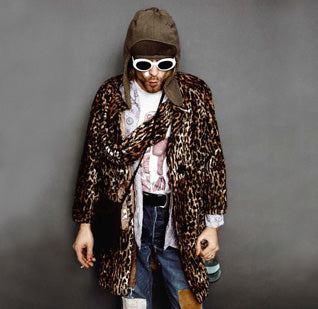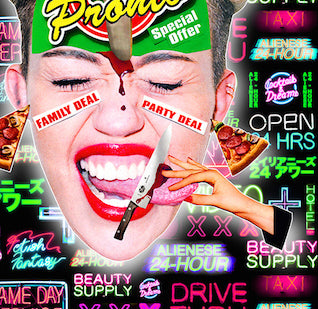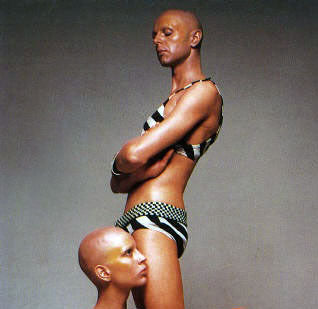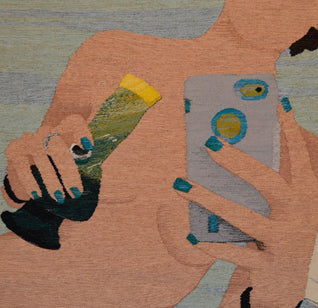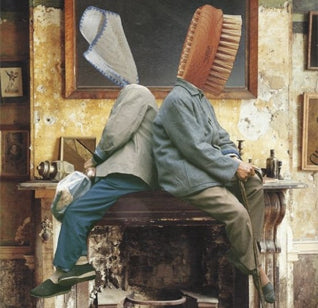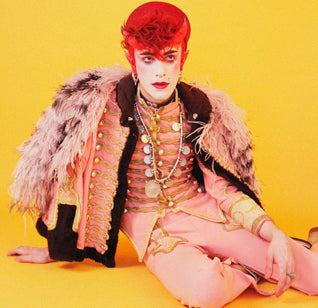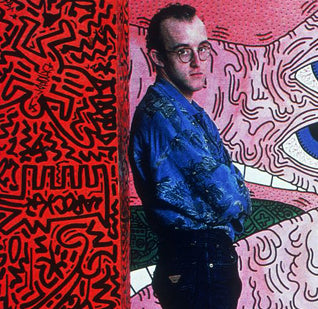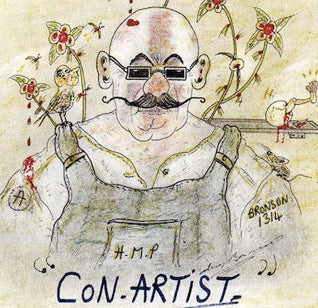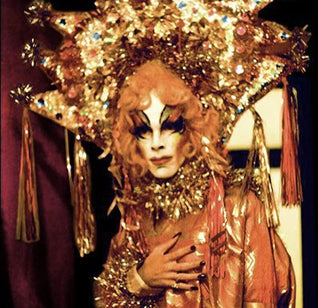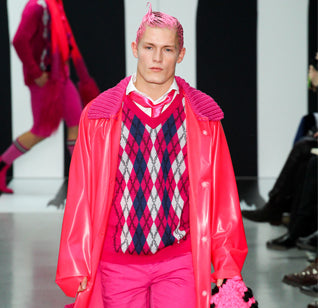HIP HOP's CRAZY COOL NOTE OF DEPRESSION
Rap music’s uneasy relationship with depression
by Gavin Williams
Many musical genres immortalize artists who grapple with depression. Bands, such as Radiohead, have formed fruitful careers spreading a sense of isolation through packed arenas. Yet rappers are far less likely to promote an understanding of mental health. Worse still, is hip hop’s tendency to ridicule or misrepresent depression.
It doesn’t take a particularly deep understanding of the genre to realize that hip-hop is far more comfortable with self-glorification than self-doubt. There’s nothing wrong with confident music, but when rappers bring up depression or mental suffering things get uncomfortable.
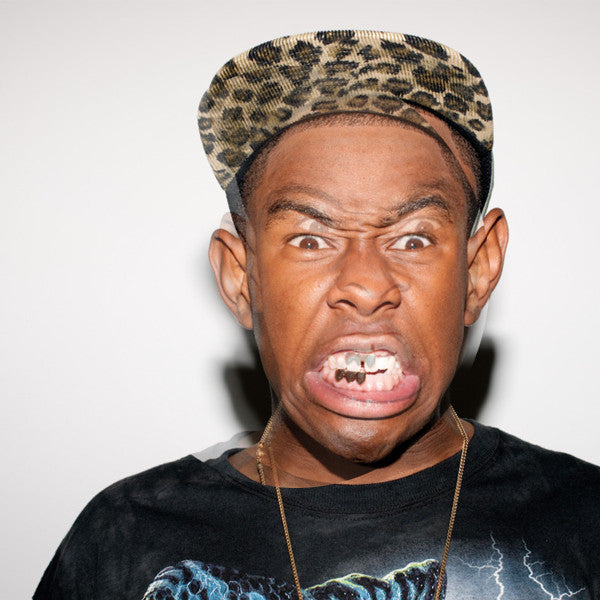
Despite the general sheen of self-confidence, there have of course been rappers who spiralled in tragic and fatal trajectories towards self-destruction. Take Ol’ Dirty Bastard (ODB), the most erratic and explicit member of the cuss-friendly Wu Tang Clan. He sounded unhinged. That was part of his appeal. His half sung/half rapped style of violent, free-associative flow gave the impression of different voices inside his head. But as his initially promising solo career stuttered like the cracks in his voice, an imbalance within ODB stopped being a stylistic strongpoint and developed into a sad, personal decline. He went on the run, became incarcerated and eventually lost his battle with drug addiction, dying of an overdose.
ODB’s death immortalized him. Yet it did not lead to a reflection on the lack of support he received during his lifetime. Instead it created a new hip-hop archetype: enter the deranged, don’t-give-a-fuck rapper who flaunts his mental problems.
Take Eminem and Tyler the Creator, who have both used the ODB mould to help shape their identities. As he reveals in ‘AssMilk,’ Tyler thinks he’s the “reincarnation of ’98 Eminem” and in his track ‘Yonkers,’ the young rapper talks about therapy and slipping xanies. Yet in the same song he reverts to bragging, dubbing himself an “overachiever”. The jokes about depression are provocative – echoing the way he labels himself a “self-racist” and a “rapist”.
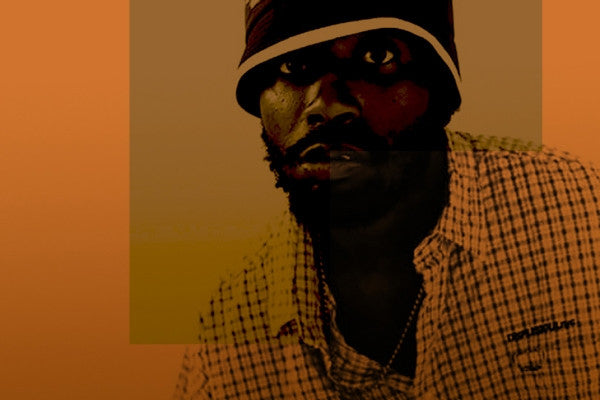
Eminem himself - real name Marshall Mathers - made a career from magnifying and embroidering his own mental imbalance. The dark side of his symbiotic personality took the form of Slim Shady, a rapist, psychopathic drug-addict – a fictional product of the stark reality he grew up in. Mathers reveals his background in tracks ‘Brain Damage’ and ‘Rock Bottom’. Abused as a child, he was brought up in the economic gutter by a drug-addicted single mother.
Slim Shady, as an alter-ego, is a gripping gothic character, just like Robert Louis Stevenson’s Mr. Hyde, or Edgar Allan Poe’s narrator in ‘The Pit and Pendulum’. Slim Shady is wish-fulfilment for Mathers, and fictional titillation for the listener. The track ‘Kill You’ sees Shady’s psychopathic brutality in full force. Here, he makes numerous references to shrinks and medicine before—within the narrative of the song—raping his own mother.
ODB’s death immortalized him and created a new hip-hop archetype: enter the deranged, don’t-give-a-fuck rapper who flaunts his mental problems.
Yet by exploring an aggressive and vivid psychosis, and bypassing any idea of recovering from mental suffering, Slim Shady helps peddle a cheapening of mental health issues. This is common in post-ODB rap which often approaches mental illness with this insincerity. Today, the destabilized rapper is as much an archetype as the ruthless gangster. ODB’s downfall didn’t de-stigmatize his problems, but instead his death redrew the lines which misrepresent them.
But mental suffering doesn’t always have to be characterized by cartoon insanity. The rapper Scarface publically revealed that he attempted suicide aged 13 before becoming institutionalized in a mental health ward. A life-long sufferer of depression and bipolar disorder, Scarface believes therapy helped him open up in his lyrics. The track ‘Born Killer’ is particularly revealing: “my whole life’s been a see-saw, I’m up one day and down and out on tomorrow…I’m havin’ thoughts of killing me.”
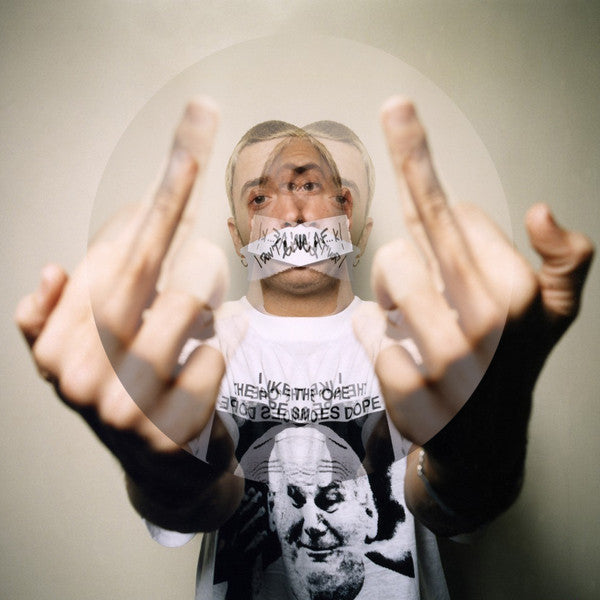
Scarface has also spoken encouragingly of certain treatments for depression, while kicking out at his institutionalization. DMX has also spent a lot of time expressing inner torture. His self-described dementia has sold a ton of records and, more importantly, made it acceptable to be a sensitive thug.
Rapper FatLip—one time member of the legendary LA group, The Pharcyde—has also opened up about depression and self-perceived failure. In his bouncy, brutally honest song, ‘What’s up FatLip?’, he reveals that he’s “far from hard” and “emotionally scarred.” The track’s venerability jars so awkwardly with rap’s overriding sense of self-congratulation that it almost feels like a spoof.
While some artists may take mental suffering seriously, they are just a small drop in a huge hip-hop ocean. Rappers like Scarface and FatLip—and some of the issues they open up about—are on the periphery of a genre which tends to falsify an unstable mental state, rather than talk seriously about treating one.

